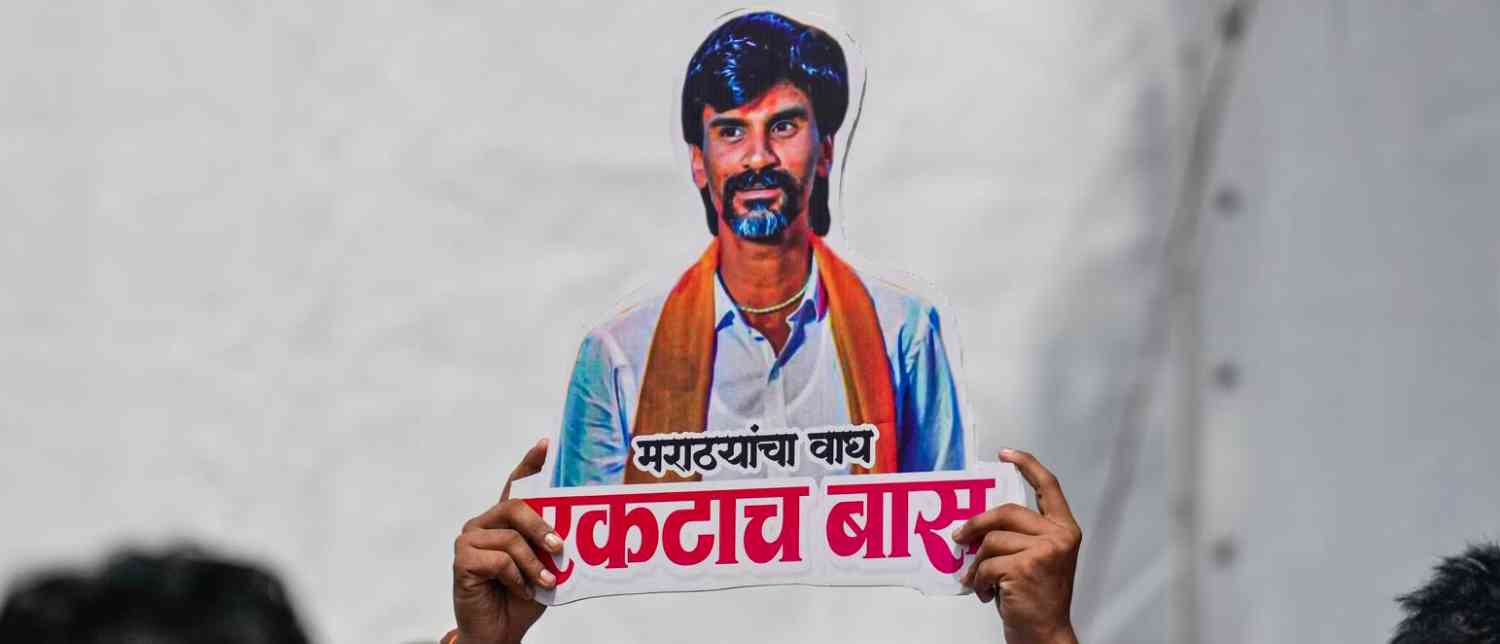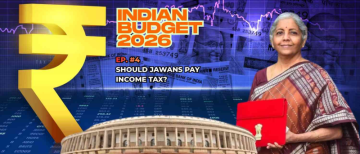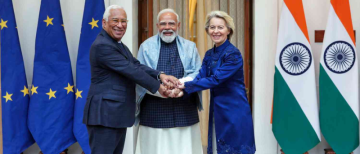Activist Manoj Jarange called off his five-day hunger strike on September 2, 2025, after the Maharashtra government accepted key demands related to the Maratha quota issue. The protest, which took place at Azad Maidan in Mumbai, focused on securing reservation benefits for Marathas under the Other Backward Classes (OBC) category. Jarange declared victory after the government agreed to issue Kunbi caste certificates to eligible Marathas, a crucial step toward granting them quota benefits in education and government jobs.
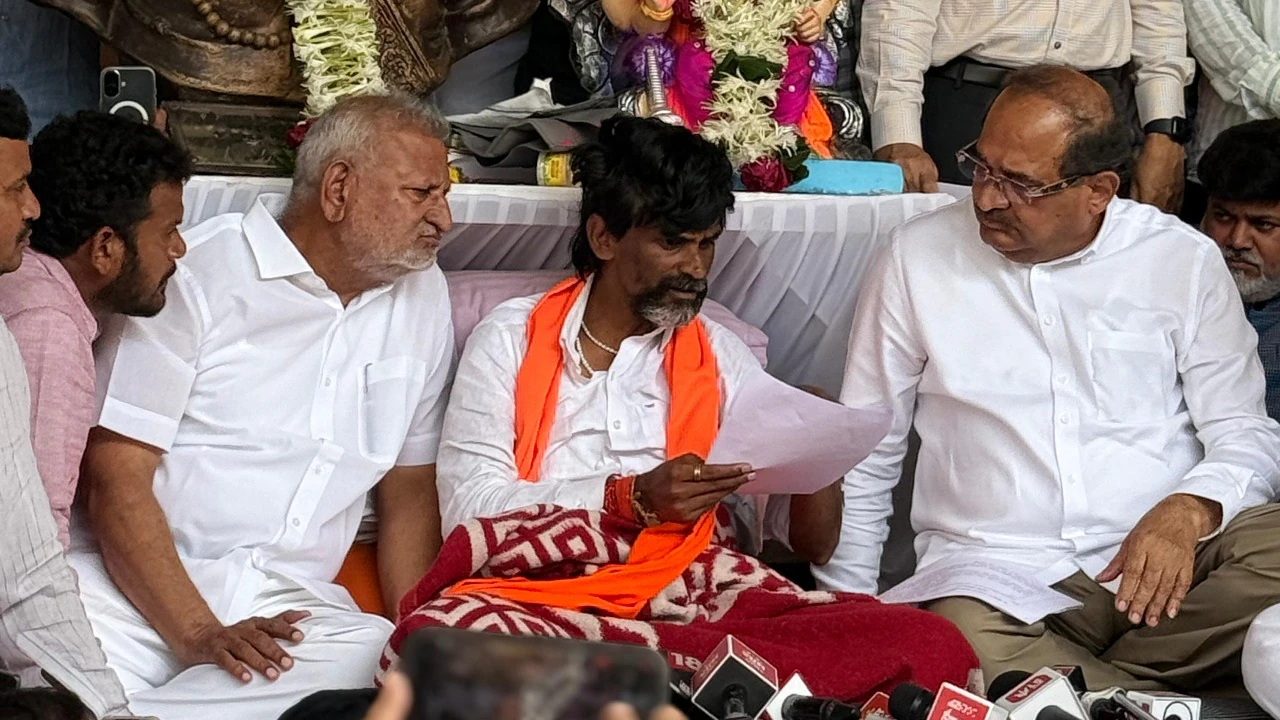
Jarange began his fast on August 29, demanding a 10 percent quota for Marathas by officially categorizing them with Kunbi status, an agrarian OBC community according to historical records from the Hyderabad Gazetteer of 1909 and Satara Gazetteer of 1884. The government resolution following talks with a cabinet sub-committee promised to facilitate issuing these certificates through village-level committees. Applicants would need to show documentary evidence such as land records to prove their Kunbi ancestry. Additionally, the government agreed to withdraw cases against protesters and support the families of those who died during the agitation.
Maharashtra Chief Minister Devendra Fadnavis praised Jarange's decision to end the fast, emphasizing the administration’s focus on the welfare of the Maratha community. He called the outcome a fair and lawful resolution aimed at justice for Marathas. The government expressed hope the solution would benefit the community and bring long-term peace after days of disruption across Mumbai caused by the protest.
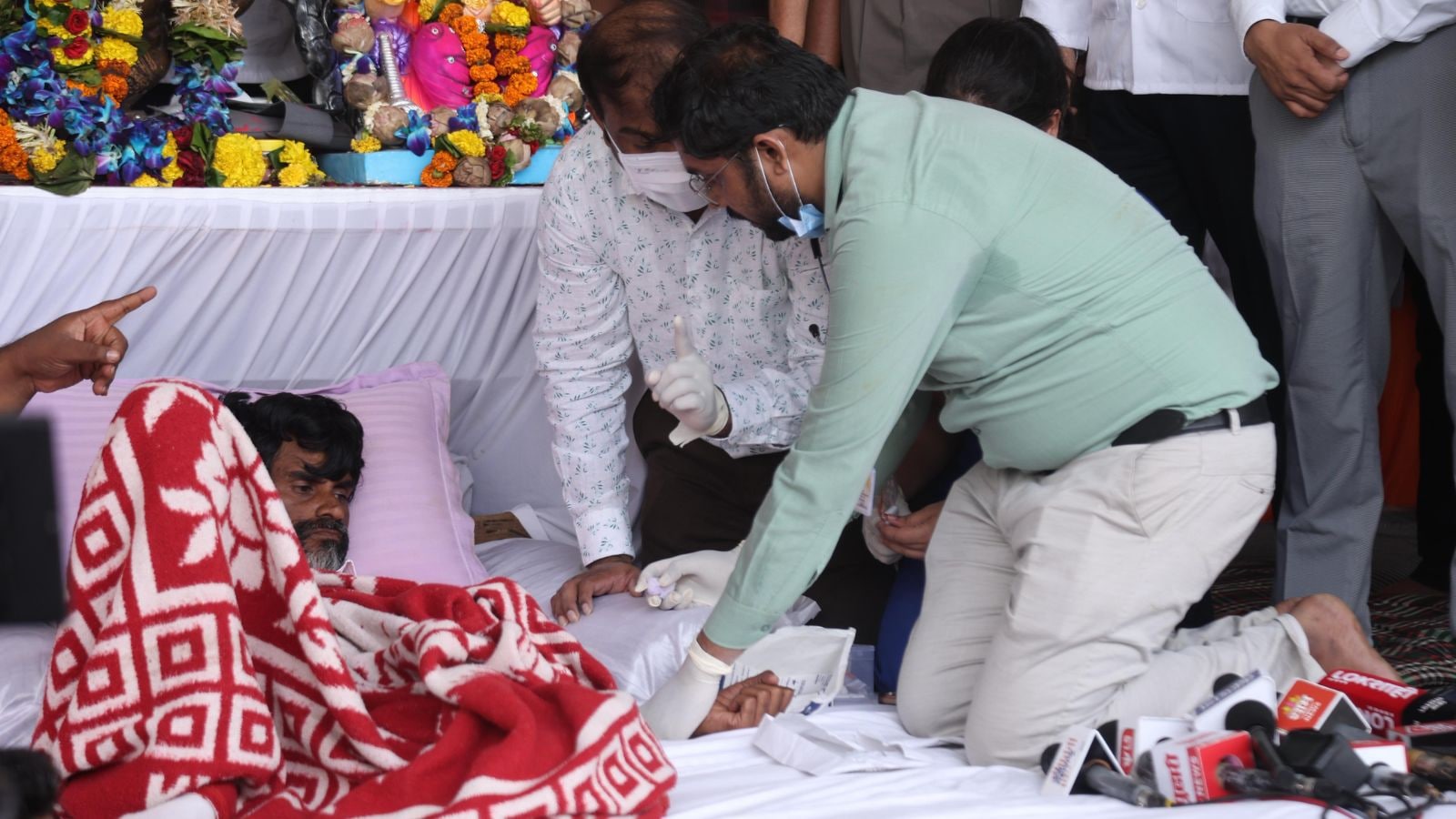
The protest drew tens of thousands of supporters but also disrupted Mumbai’s daily life, leading the Bombay High Court to step in and call the demonstration "not peaceful" due to road blockages and public inconvenience amid festival season. Authorities urged protesters to vacate roads except for designated sites, highlighting the tension between the right to protest and maintaining city normalcy.
From a broader perspective, this agitation and its resolution reflect the ongoing complexities around caste-based reservations in India. Maratha activists like Jarange advocate for reservations recognizing socio-economic struggles despite their historically dominant community status. The government's compromise to include certain Marathas as Kunbi for OBC quotas intuitively tries to balance historical caste identity with present-day economic realities.
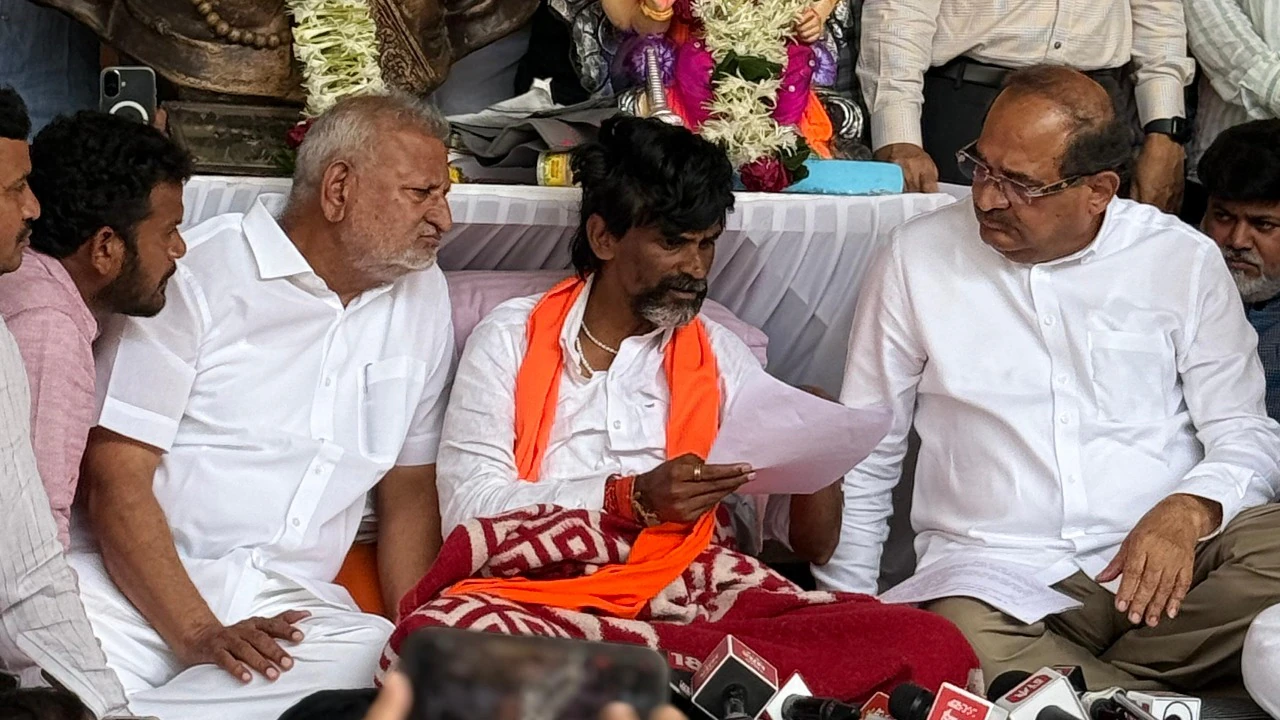
This resolution may serve as a precedent for addressing community-specific quota demands using historical documentation while ensuring administrative processes to verify eligibility. However, challenges remain around fully integrating such decisions into the legal and political framework without igniting further unrest or dissatisfaction among other groups.
Overall, Manoj Jarange’s protest and its conclusion underscore the negotiation process in India's democracy, where grassroots activism, government responsiveness, and judicial oversight play vital roles. The compromise brings temporary relief and acknowledgment of Maratha concerns, while also reminding stakeholders of the need for continued dialogue on social equity in India.
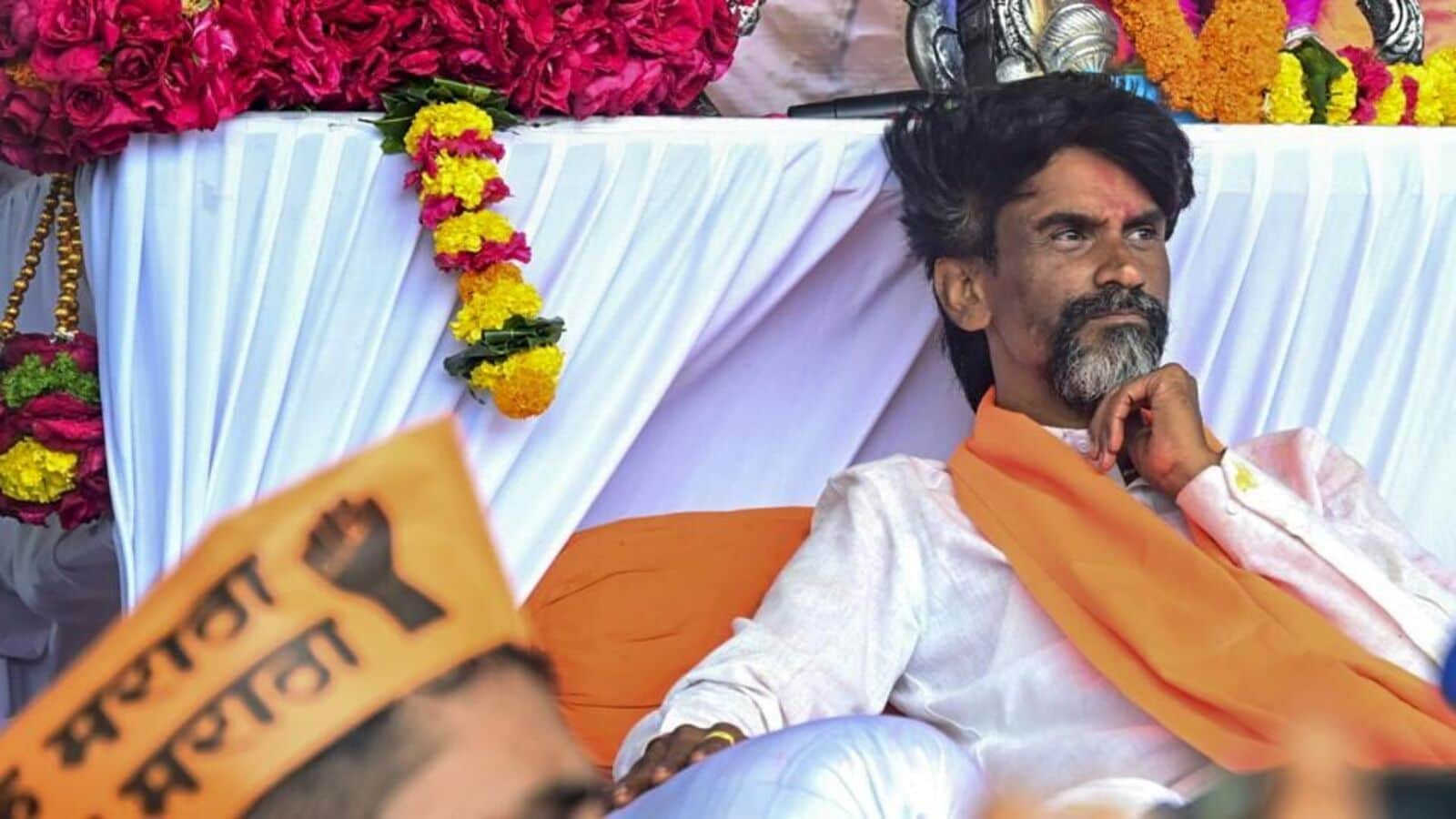
In summary, Manoj Jarange’s call-off of the hunger strike after the Maharashtra government agreed to issue Kunbi caste certificates marks a significant milestone in the Maratha quota movement. It balances community demands with government frameworks and highlights the complex landscape of social reservations in contemporary India, viewed by many as a peaceful, democratic victory yet a step in an ongoing journey for social justice.
With inputs from agencies
Image Source: Multiple agencies
© Copyright 2025. All Rights Reserved. Powered by Vygr Media.

